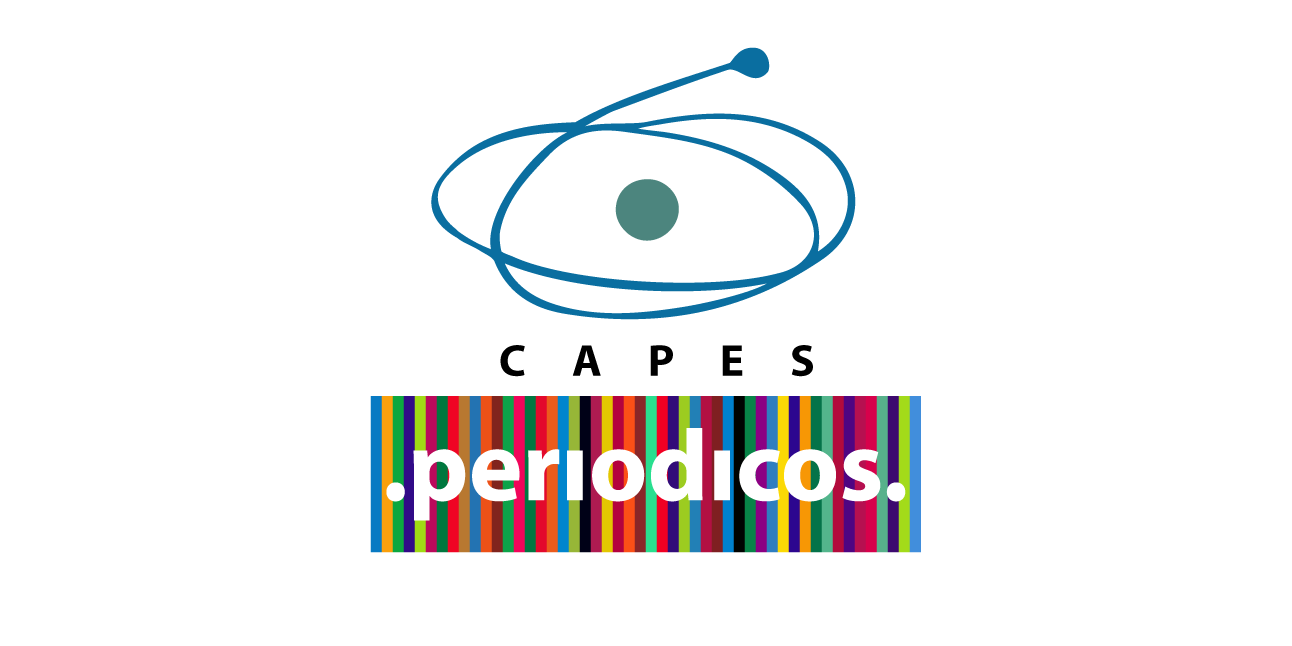The Fandango in the popular culture of Paraná state people: origin and characterization
Keywords:
fandango, Paraná, culturaAbstract
The objective of this study was to understand the Fandango as an integrating manifestation of the Brazilian culture and with specific characteristics to the Paraná State from the point of view of its origins and characterization, and taking the work "Fandando" by Fernando de Azevedo (1978) as its starting point. It is a historical research based on the contributions gained from the contact with "Mestre Romão Folkloric Group" of Paranaguá-PR. Know as a typical festival of the state´s sea-side inhabitants and extensively present in regions such as Antonina, Guaraqueçaba, Morretes, and Ilha de Valadares, the Fandango is characterized by men and women, or even of them mixed (strumping and waltzing). It has as its characteristics mevements the female walking added to the swaying of the skirts, teh male´s tap-dancing or the dragging and the wooden clogs, the eight, the hlf-turn, the arc, the circle, among others. The instrumental is composed by the viola, the fiddle and the "cuíca". Like other Brazilian manifestations, its origin is full of contradictions based on the referantial investigated that approach the theme. However, some of the date makes us bellieve tht it is not a manifesttio that came from Portugal or Spain, but a result of the merging and interaction of these two cultures combined with the Brazilian conditions. Due to its peculiar characteristics, and by the fact that it is not found in other regions of the country in the same way that it survives in the state, we considerer the Fandango a legitimate manifestation of Paraná state culture with great symbolic and expressive.Downloads
Published
2007-07-19
How to Cite
Oliveira, R. B. de, & Lara, L. M. (2007). The Fandango in the popular culture of Paraná state people: origin and characterization. Iniciação Científica Cesumar, 6(1), 17–29. Retrieved from https://periodicos.unicesumar.edu.br/index.php/iccesumar/article/view/82
Issue
Section
Artigos Originais
License
The Editorial Board is authorized to make certain changes in the original text to comply with bibliographical norms, orthography and grammar, so that standards in language and style may be maintained. However, the author´s style will be preserved. The concepts developed by the authors are their exclusive concern and responsibility.In case of approval, the e-mail of acceptance will contain a Letter of Copyright with authors´ name, personal data, and signature of all authors.






